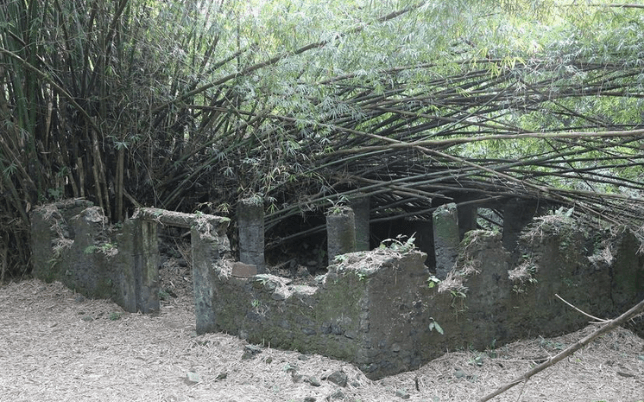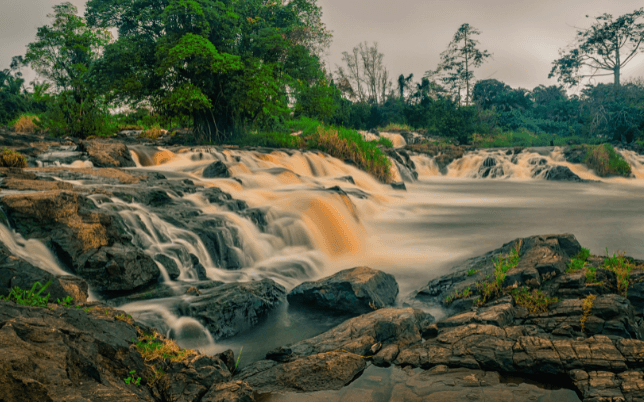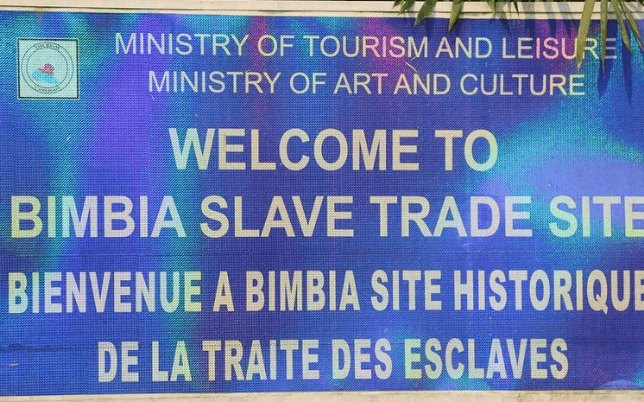PREMIUM REAL ESTATE DEVELOPMENT PROJECT
SAKER'S LANDING
Laying Intergenerational Foundations

Value Proposition for the City of Limbe, South-West Cameroon
Located at the foot of Mount Cameroon, Limbe is about 77 kilometers from the business capital of Douala, barely 90 minutes from the Douala International Airport by car. Limbe is also the emergent growth pole and Business Center of the South-West Region of Cameroon with the following endowments:
- Headquarters of the Cameroon Development Corporation (CDC), the second highest employer after the State
- Location of the only petroleum refinery of Cameroon, SONARA
- Site of the second natural deep-sea port of Cameroon after Kribi
- Location of the only Botanical Gardens in the entire country with a “Jungle Village” right in the Center of the City
- Renowned Down Beach business area with its “famed fish barbecue bazaar” right on the coastline
- Location of the country’s Special Military Intervention Forces (BIR) guaranteeing both safety and security for both citizens and investors
- Outstanding livability with minimal city congestion, gardens, and sports facilities (including the Ngeme Omnisport Sports Palace)
The Limbe Garden City has a unique business potential due to both historical factors as well as natural environmental endowments.

You Can Be A Part Of Limbe's Future
This is where the rubber meets the road. We are building Africa now.
Historical Context
Limbe represents the site of one of the first location of colonial contact when the Rev. Alfred Saker, the pioneering missionary, landed from Santa Isabel (present-day Malabo) in the then Spanish island of Fernando Po in circa 1845.
Given its pioneering business orientation, Limbe also represents the historic Slave Trading port of Bimbia, which is currently under consideration as a UNESCO World Heritage Site.
Furthermore, the Germans appropriated large amounts of the fertile volcanic soils on which they planted industrial crops, the subject of the current CDC plantations.
Additional information about Limbe, the slave trade port of Bimbia and discovering Cameroon can be found here.





